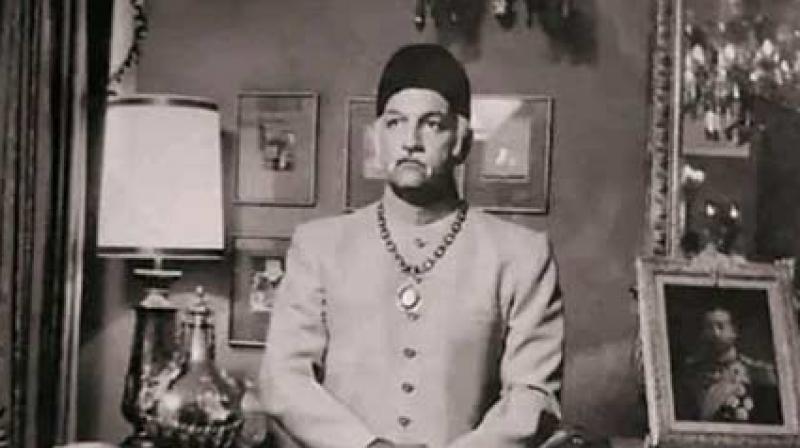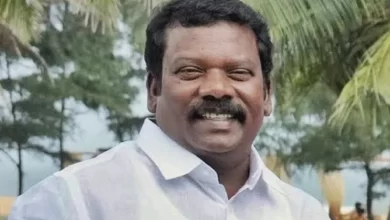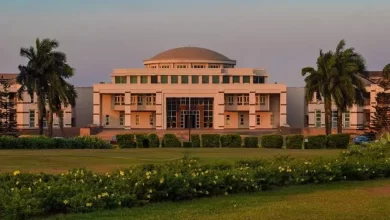Mukarram Jah and Nehru family: A bond of camaraderie and trust

Nehru’s daughter, Indira Gandhi, was believed to have been entrusted with the task of imparting the political nuances to the prince
Hyderabad: Not many know that the first Prime Minister of India, Pandit Nehru, had plans to appoint Prince Mukarram Jah, the eldest grandson of the 7th Nizam, as an ambassador.
Ultimately he wanted to see him elevated as the President of India. For this purpose Nehru invited the prince to his Teen Murti Bhavan house in Delhi. Jah stayed there for close to six months.
The idea was to expose Jah to the nitty-gritty of politics and groom him for the top job. Nehru’s daughter, Indira Gandhi, was believed to have been entrusted with the task of imparting the political nuances to the prince.
However, the latter, who had the nawabi blood in him, did not like taking orders from someone else. He returned to Hyderabad and to his nawabi ways much to the disappointment of Nehru.
Jah, who passed away the other day, remains shrouded in mystery. He wouldn’t take no for an answer. That’s the popular perception about him. But this dour faced prince had a funny side too.
He loved to indulge in fun and also felt elated if someone he loves cracked jokes at his expense. He was fond of quotes and phrases. One day he found a poster at a shop on which was written: I like my job. It is the work that I hate. Jah liked the poster and purchased three of them.
One day Shahid Husain Zuberi, who worked with the prince for two decades, saw a card placed on his table. It said: Please don’t wake me while I am working.
Zuberi, in his book ‘Awraq-e-Maazi’, mentions many little known things about the titular Nizam. The book gives a peep into Jah’s relations with the Nehru family, his numerous wives, children and staff.
On a fine morning in 1971 a telephone call was received at the Chiran Palace in Jubilee Hills where Jah was staying with his wife, Princess Esra Birgin. It was a call from the Prime Minister’s office. Jah, who was having breakfast, took his sweet time to take the call. He was in his night dress then and quickly changed into a sherwani and stepped out from his room to speak.
Zuberi learnt later that Mrs. Gandhi was at the line. She had decided to abolish the privy purses and convened a meeting of all Rajas and Princesses. She wanted to personally convey the news to Jah before the official communiqué was sent. That showed Jah’s personal relationship with the Nehru family.
Why do Hyderabadis have such regard for Jah even so many years after the Police Action? Because he represented the 8th line of the Asaf Jahi dynasty. Raja Chaderkant Giriji, a close associate of Jah, once explained that Governors and chief ministers come for five years. But the Nizams have benefitted generations of Hyderabadis. “They have ruled over not the land but the hearts of people”, he remarked.
On the basis of hearsay people have formed negative opinions about Jah. “But I know the real Jah. He was so considerate and informal with his staff”, says Zuberi.







